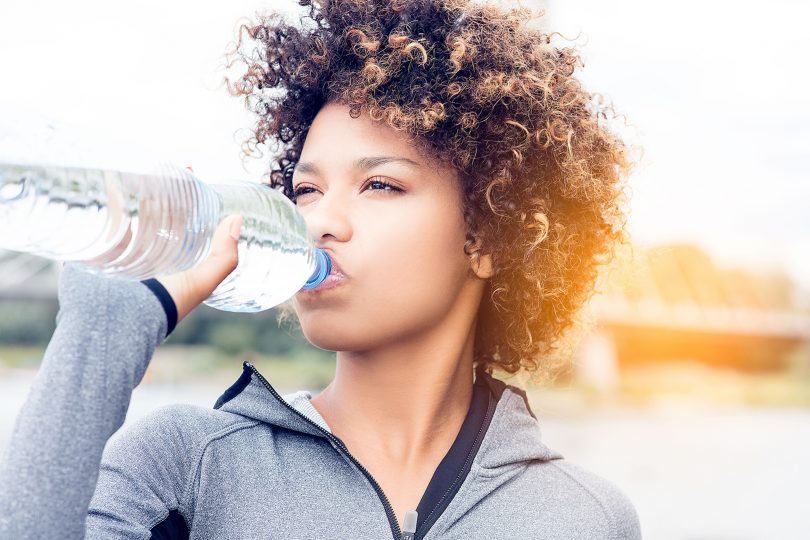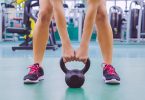Drinking enough and staying hydrated seems like it should be one of the easiest things for us to do – but not for three out of four of us, says the Institute of Medicine.
Whether we’re working, working out or playing at spring events and festivals, 75 percent of us stay thirsty, because we’re not drinking enough – and we may not even know it.
Tiredness, anxiety, irritability and difficulty concentrating or remembering are all possible symptoms of chronic dehydration. Sound familiar? Then check out our six-step guide to drinking well.
Step One: Start with water.
“Water is the No. 1 drink to go to in all circumstances,” said Dr. Beau Gedrick, a sports medicine and emergency medicine physician with Augusta University Health.
Sip water throughout the day to ensure optimum hydration, and also enjoy water before, during and after physical activity. Don’t wait until you’re thirsty – that’s an early sign of dehydration.
Step Two: Don’t worry about the old “eight glasses a day” rule.
While that’s a good average guideline, how much hydration you need really depends on your own specific – and individual – size and weight. In fact, the Institute of Medicine has said that most men need around 13 ounces of water, while most women could benefit from around nine.
Step Three: Rethink coffee, sugary sodas and those adult beverages.
Many people might congratulate themselves for drinking water as a part of their morning coffee, afternoon pick-me-up soda or adult beverage at a springtime outdoor festival. Well, maybe you shouldn’t congratulate yourself too much. While it’s true that water is a part of these drinks, the caffeine, sugar and alcohol counteract it by dehydrating you, and you actually end up a lot thirstier.
One easy solution? Enjoy a water chaser after every cup of coffee, glass of soda or alcoholic beverage.
Step Four: Turn to sports drinks if you’re going hardcore on your workout.
For most of us who work out an hour or less at a time, water remains the drink of choice. But if you’re active for more than an hour, it’s time to turn to sports drinks.
“When you have an hour to two hours of consistent activity, you start to lose certain elements in your sweat, like sodium, potassium and chloride,” Gedrick said. “A sports drink will replace those electrolytes and also your energy stores.”
Step Five: Know the early signs of dehydration and heat exhaustion.
Heat exhaustion can happen if you’re in a perfect storm of physical activity combined with high temperatures and humidity – which is Augusta starting around April.
“Heat exhaustion occurs when you’ve lost too much water due to sweating,” said Gedrick, “and you need to replace that water.”
If you’ve sweated out all your water and aren’t continuing to hydrate yourself properly, your body may not be able to cool itself off any longer and instead begins to overheat. Thirst and dark-colored pee are the earliest signs. If you push past that, then you might experience dizziness and vision changes (such as seeing spots). Signs of potential – and dangerous – heat stroke include inability to think clearly and acting strangely.
The best way to treat dehydration? Get the person into a cool room, apply wet towels and – you guessed it – drink water. If someone is throwing up and unable to drink, IV fluids may be necessary.
Step Six: Listen to the Boy Scouts.
“Be prepared,” said Gedrick. “In terms of hydration in general, it’s all about action instead of reaction, whether you’re out watching a good game of golf or in the heat of a festival or out on a 5K or marathon run.”






thanks for self examine tests will consider surely this needed to be shared 🙂